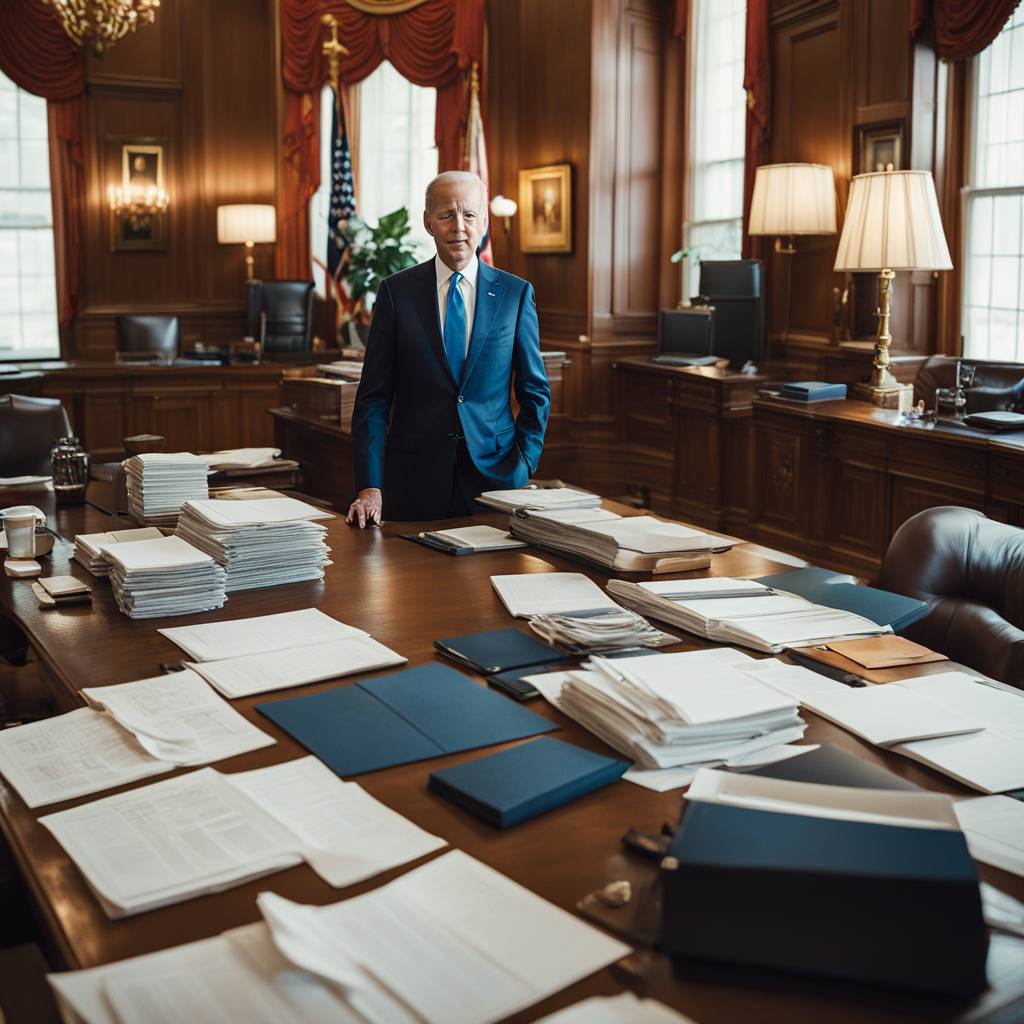In his analysis, Frum points out the contradictory foreign policy patterns of the Biden administration. He highlights how the administration created withdrawal plans for Afghanistan from scratch, indicating a lack of pre-existing strategies despite promises of a smooth and well-planned exit. This revelation raises concerns about the competency and foresight of the administration in handling such a critical and complex issue.
Frum further delves into the administration’s approach to China, highlighting the contradictory nature of its dealings with the country. On one hand, the Biden administration has taken a tough stance on China’s human rights abuses and aggressive actions in the South China Sea. However, on the other hand, the administration has also sought cooperation with China on climate change and other global issues. This shifting approach indicates a lack of coherent strategy in dealing with a major geopolitical rival.
The staff writer also touches on the Biden administration’s foreign policy towards Russia, pointing out similar contradictions in its approach. While the administration has imposed sanctions on Russia for actions like the SolarWinds cyberattack and interference in the 2020 election, it has also expressed a willingness to engage in dialogue with the country on issues like arms control and cybersecurity. This mixed messaging raises questions about the administration’s overall strategy in dealing with a key adversary.
Frum goes on to analyze the administration’s overall handling of foreign policy, noting that while it has made some significant changes from the previous administration, there are still inconsistencies and contradictions in its approach. He specifically points to the lack of a clear overarching strategy that guides the administration’s decisions and actions on the global stage. This lack of clarity can lead to confusion among allies and adversaries alike, undermining the effectiveness of US foreign policy.
In conclusion, Frum raises concerns about the Biden administration’s foreign policy direction and the potential ramifications of its contradictory approach. He questions whether the administration’s lack of a cohesive strategy will lead to missed opportunities or unintended consequences in key areas like Afghanistan, China, and Russia. As the administration continues to navigate complex global challenges, it will be crucial for it to develop a clear and consistent approach to ensure stability and success in the international arena.
Overall, Frum’s analysis highlights the need for the Biden administration to prioritize the development of a coherent and consistent foreign policy strategy that aligns with its goals and values. By addressing the contradictions and inconsistencies in its current approach, the administration can enhance its credibility and effectiveness on the world stage, fostering stronger relationships with allies and presenting a united front against common adversaries. Only through a clear and well-defined foreign policy framework can the administration navigate the complexities of the global landscape and secure its position as a leader in international affairs.













